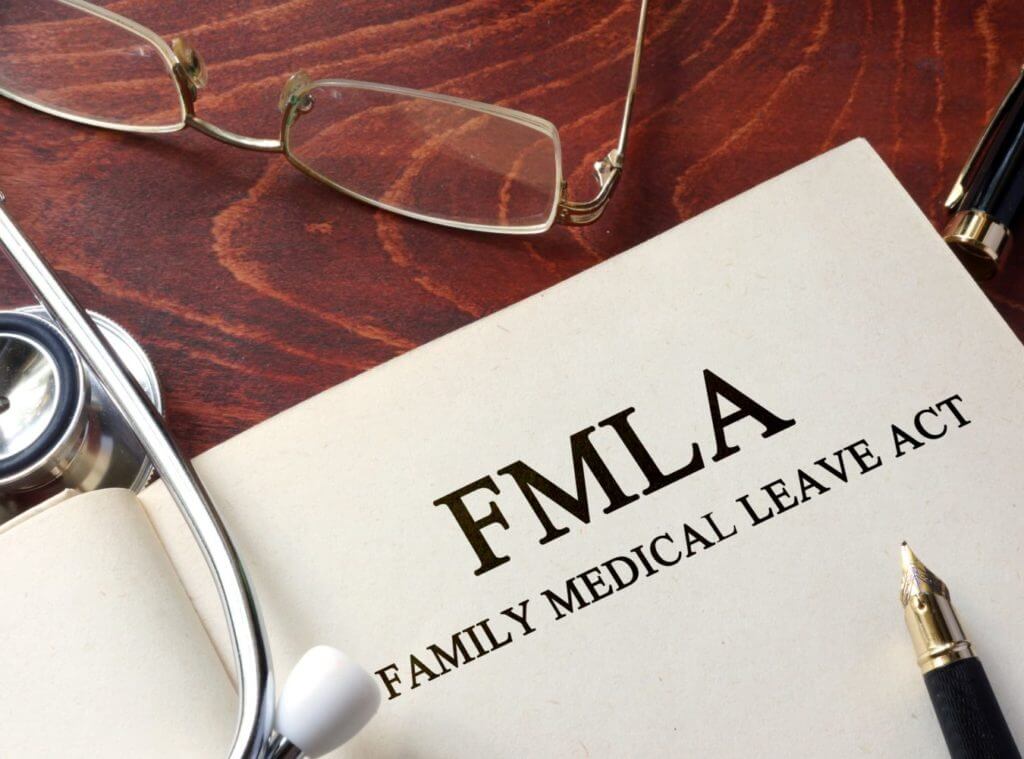Posted by Joshua R. Goodbaum in Employment Law
Apr 7 2020
Changes to Connecticut Family and Medical Leave Act Effective January 1, 2022. Learn more.
You may already understand when FMLA leave comes into play. The federal Family and Medical Leave Act allows eligible employees to stay out of work without pay for up to 12 weeks in a one-year period. The Connecticut FMLA allows eligible employees up to 16 weeks of leave in a two-year period.
Many workers use FMLA leave when they or a close family member have a serious health condition. However, workers may be confused about how much they need to tell their employers about that serious health condition. What do you need to disclose, and what can your employer do with that information?
Reviewing the Basics
The goal of both the federal and Connecticut FMLAs is that you should not lose your job just because you or a close relative gets sick. You’re already under enough stress when you or a loved one is sick. You shouldn’t have to worry about getting fired on top of that.
Unfortunately, though, not all employees have access to FMLA leave; in other words, not every employer is obligated to provide FMLA leave. The only private companies bound by the FMLA are those with 50 or more employees. (Under Connecticut law, as of January 1, 2022, the employer is only required to have one or more employees.) Also, the employee must have been working for the employer for 12 months prior to taking FMLA leave.
How to Obtain FMLA Leave
You may feel a bit reticent about disclosing sensitive medical information to your employer. That is understandable. Your personal medical records are no one else’s business, and you may not want your colleagues to be privy to sensitive information regarding your health.
In order to determine your eligibility for FMLA leave, however, your employer does need to know the reason you need the time away. So if you are staying out due to a medical condition, you are obligated to disclose it if the employer asks. You may also be required to provide documents from your doctor that certify your eligibility for FMLA leave.
Keeping Your Medical Information Private: Employers’ Obligations
Fortunately, the law puts restrictions on what your employer can do with your private medical information. Simply put, your employer must refrain from sharing the reasons for your FMLA leave.
The reason that the employer shares your private information is irrelevant. Your boss may just want to tell people you’re doing OK. Or they might think you would not mind if people knew what was happening. That is not an excuse. If your employer shares the reasons for your FMLA leave with someone who does not need to know, it could be an automatic violation of the FMLA, and you could be entitled to damages.
Consider the case of Holtrey v. Collier County Board of County Commissioners. There, the employee applied for FMLA leave based on problems with his genito-urinary system. A manager decided to share the employee’s sensitive and personal information with some coworkers. After that, the employees’ coworkers frequently mocked him with “jokes” and “obscene gestures.” Of course, that never would have happened if the employer had not breached the employee’s privacy. The court concluded that, if the allegations were true, the employer had violated the FMLA.
In a nutshell, employers must protect your confidential information. If you have concerns that your Connecticut employer violated your privacy rights, it’s time to meet with an experienced employee rights attorney.
Contact Us
Were you denied FMLA leave? Do you have questions about disclosing your personal medical information to your employer? Contact Garrison, Levin-Epstein, Fitzgerald & Pirrotti, P.C. to gain some valuable insight. We look forward to assisting you!
Posted by Joshua R. Goodbaum in Employment Law
Tagged FMLA









